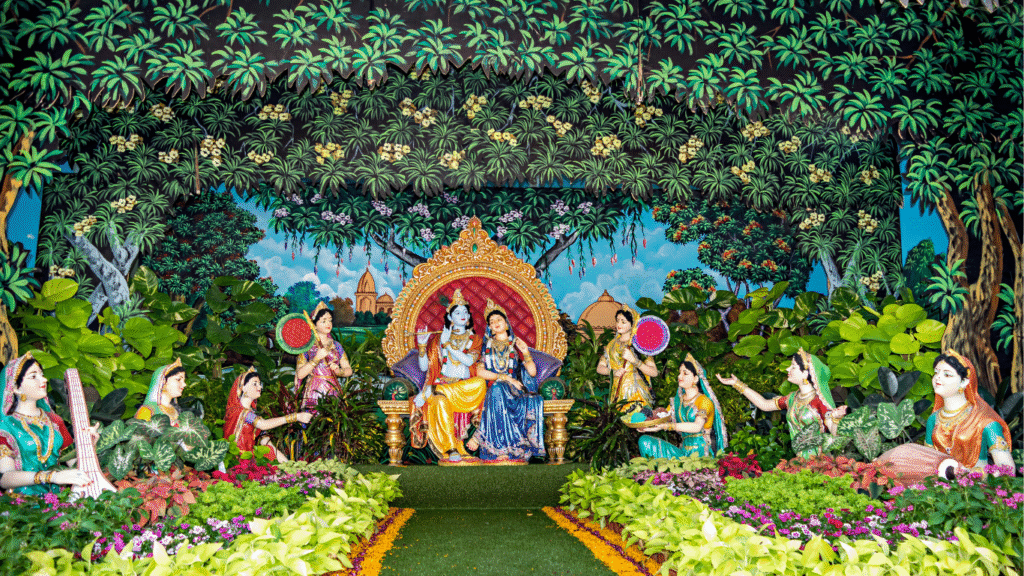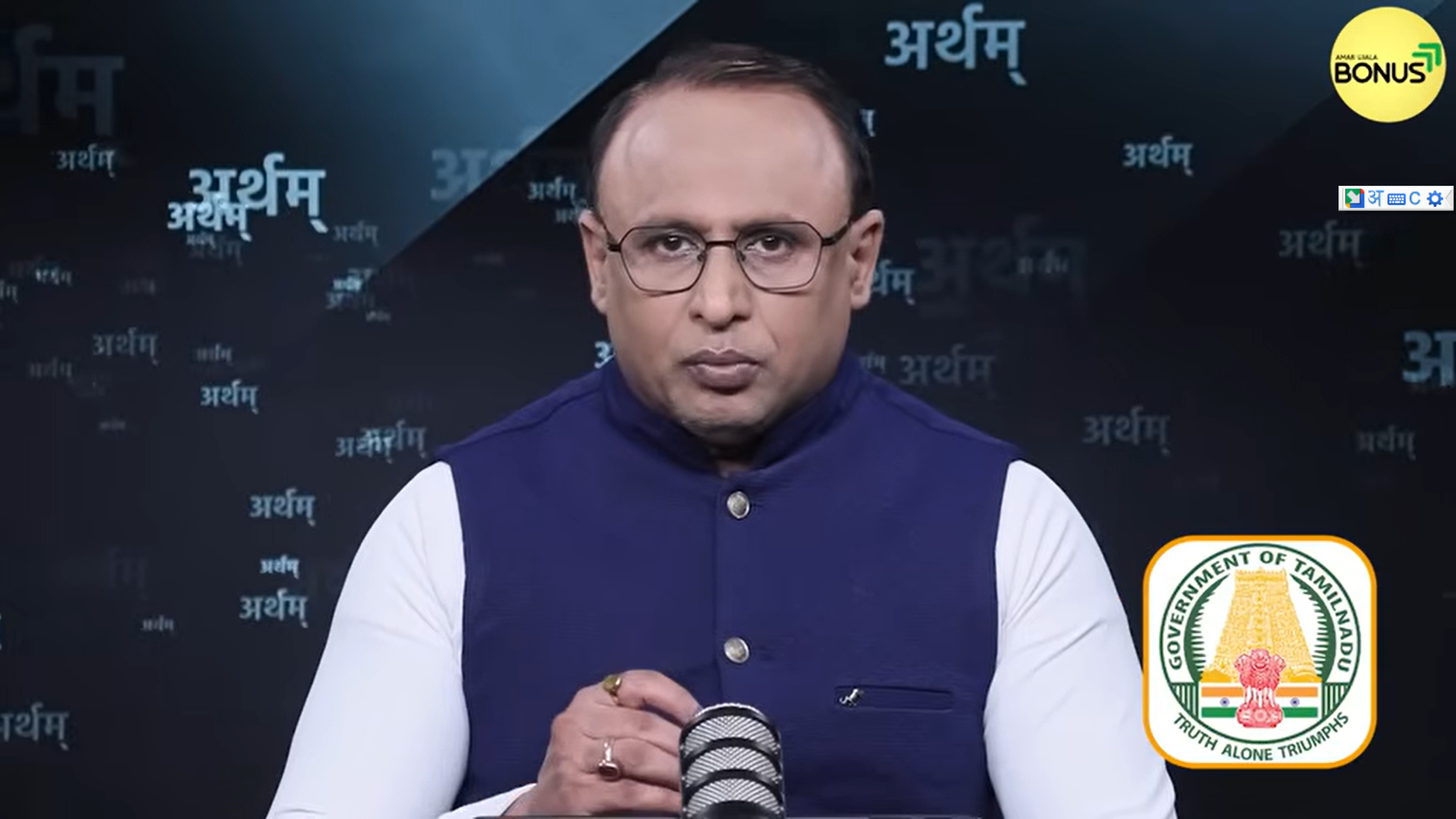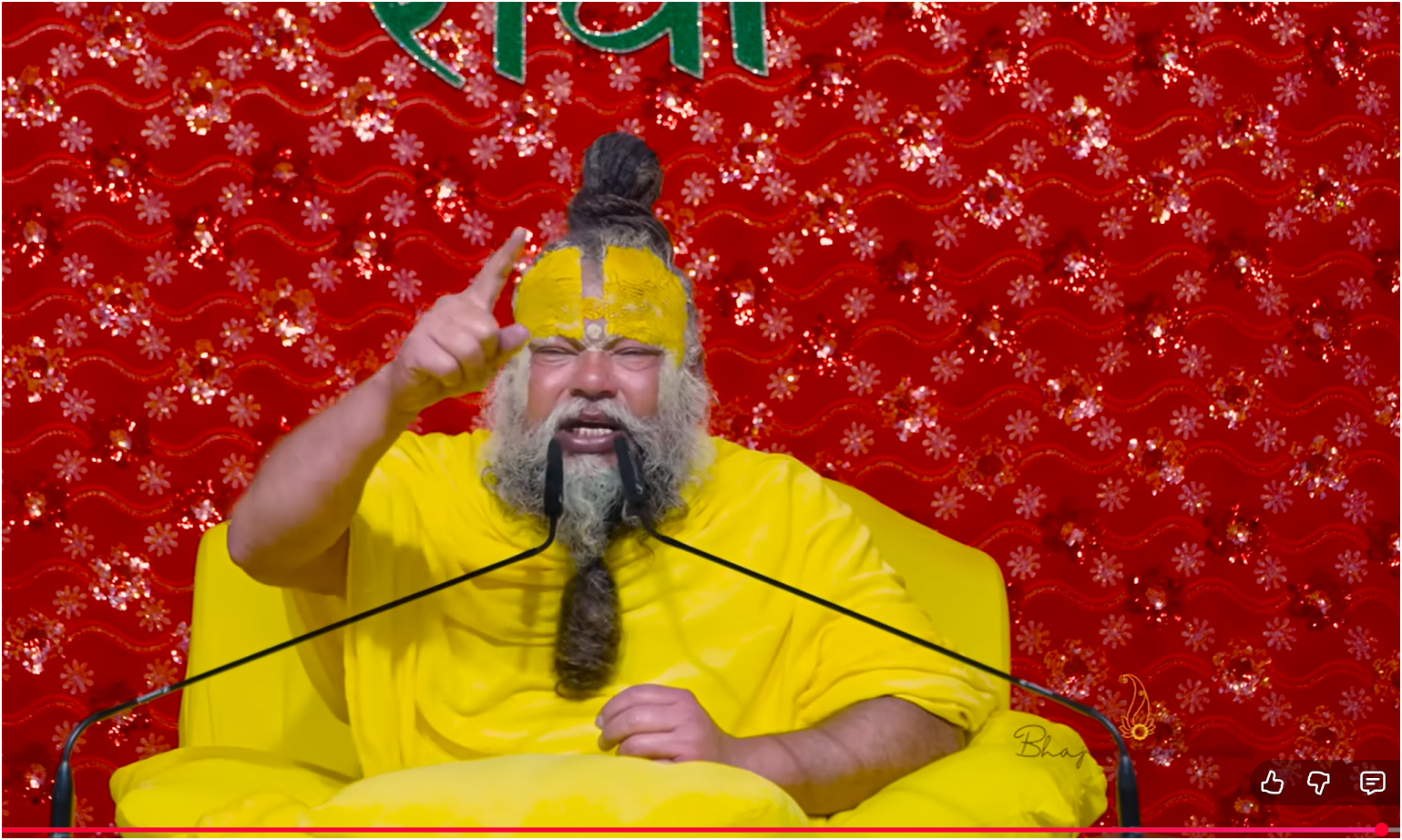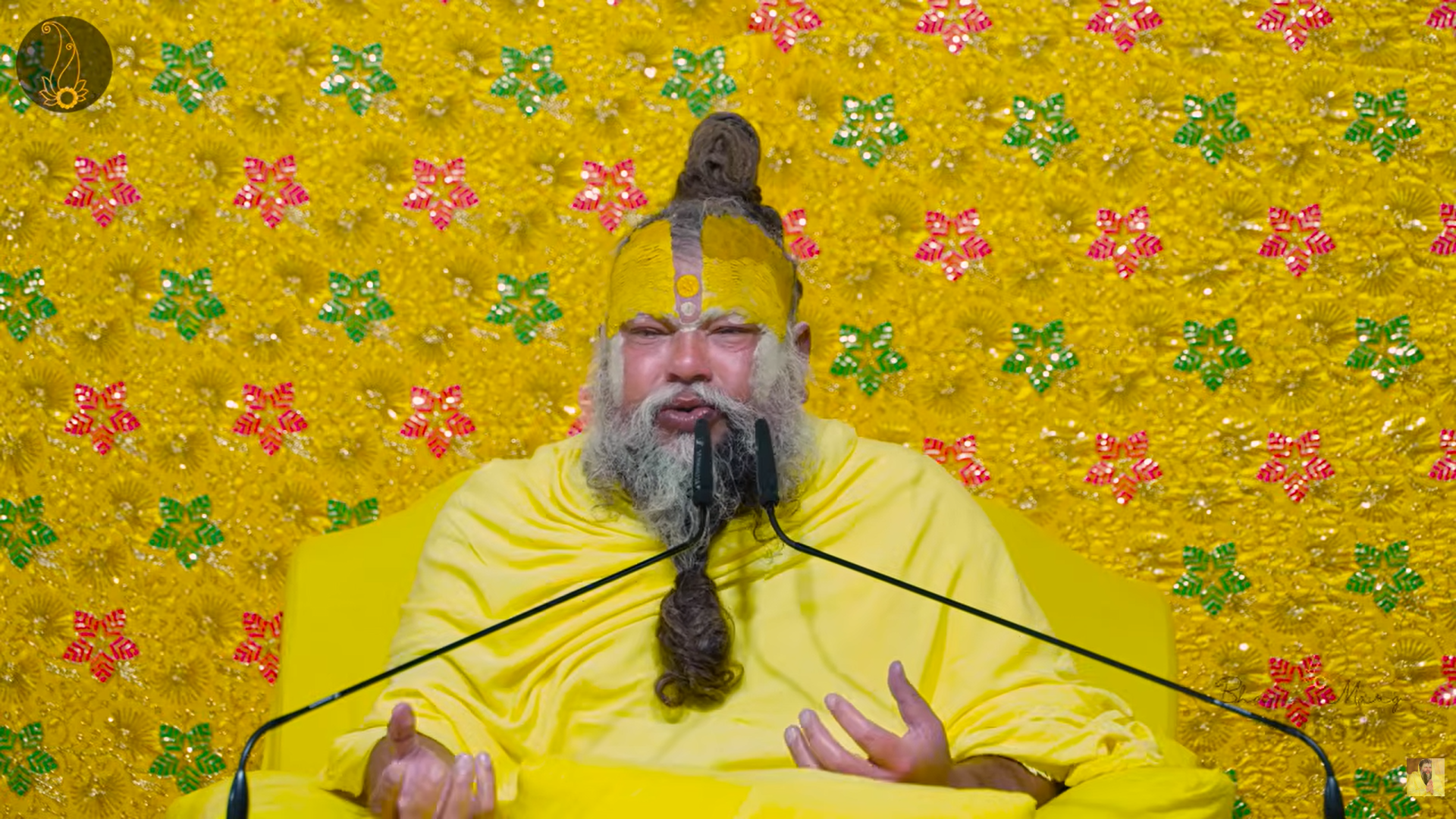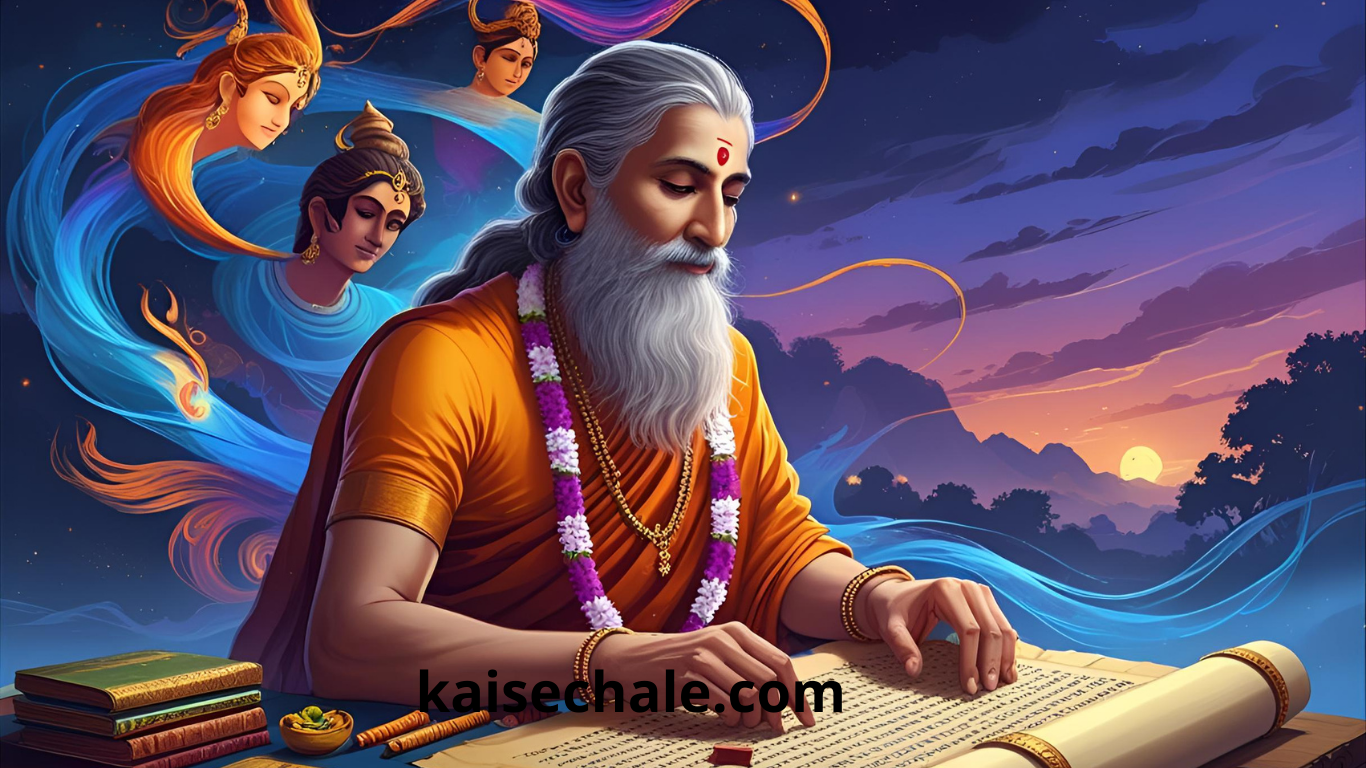
#VedVyasa #Mahabharata #Vedas #IndianSage #HinduPhilosophy #AncientIndia #SpiritualHeritage #BhagavadGita #Puranas #IndianCulture
महर्षि वेदव्यास का सम्पूर्ण चरित्र कथा
प्रस्तावना
भारतीय संस्कृति और सनातन धर्म के इतिहास में महर्षि वेदव्यास का स्थान सर्वोच्च है। वे न केवल वेदों के संकलक और महाभारत जैसे महाकाव्य के रचयिता हैं, बल्कि भारतीय दर्शन, धर्म, साहित्य और संस्कृति के अमर स्तंभ भी हैं। उनका जीवन, कृतित्व और शिक्षाएँ आज भी मानवता के लिए प्रेरणा का स्रोत हैं।
जन्म और वंश
महर्षि वेदव्यास का जन्म द्वापर युग के अंतिम चरण में आषाढ़ पूर्णिमा के दिन हुआ था। उनकी माता सत्यवती थीं, जो एक मछुआरे की पुत्री थीं, और पिता महर्षि पराशर थे। जन्म के समय उनका रंग श्याम था, इसलिए उन्हें ‘कृष्ण’ कहा गया और उनका जन्म एक द्वीप पर हुआ था, जिससे वे ‘द्वैपायन’ कहलाए। वेदों के विभाजन के कारण वे ‘वेदव्यास’ के नाम से प्रसिद्ध हुए।
बाल्यकाल और शिक्षा
वेदव्यास बचपन से ही असाधारण प्रतिभा के धनी थे। जन्म के तुरंत बाद ही वे तपस्या के लिए वन चले गए। उन्होंने वेद, उपनिषद, पुराण, स्मृति, दर्शन आदि का गहन अध्ययन किया। वेदव्यास ने अपने जीवन का अधिकांश समय तपस्या, अध्ययन और लेखन में व्यतीत किया।
वेदों का विभाजन
महर्षि वेदव्यास ने देखा कि एक ही वेद का अध्ययन और स्मरण सामान्य मानव के लिए कठिन है। उन्होंने वेदों को चार भागों में विभाजित किया—ऋग्वेद, यजुर्वेद, सामवेद और अथर्ववेद। इन चारों वेदों को अपने प्रमुख शिष्यों—पैल, जैमिनी, वैशम्पायन और सुमन्तु मुनि को सौंपा। इस कार्य से वेदों का ज्ञान जनसामान्य तक पहुँच सका।
महाभारत की रचना
महर्षि वेदव्यास ने महाभारत महाकाव्य की रचना की, जो विश्व का सबसे बड़ा महाकाव्य है। इसमें लगभग एक लाख श्लोक हैं। महाभारत केवल युद्ध की कथा नहीं, बल्कि धर्म, नीति, राजनीति, समाज, मनोविज्ञान, दर्शन और भक्ति का अद्भुत संगम है। श्रीमद्भगवद्गीता, जो महाभारत का हृदय है, वेदव्यास की ही देन है। महाभारत के लेखन में गणेश जी ने उनकी सहायता की थी।
पुराणों और अन्य ग्रंथों की रचना
महर्षि वेदव्यास ने अठारह प्रमुख पुराणों की रचना की, जिनमें भागवत, विष्णु, शिव, ब्रह्मांड, मार्कंडेय, वामन, वराह, नारद, गरुड़, पद्म, अग्नि, लिंग, स्कंद, ब्रह्मवैवर्त, मत्स्य, कूर्म, ब्रह्म, और भविष्य पुराण शामिल हैं। इन पुराणों के माध्यम से उन्होंने वेदों के गूढ़ ज्ञान को कथाओं के रूप में जनसामान्य तक पहुँचाया।
ब्रह्मसूत्र और वेदांत दर्शन
वेदव्यास ने वेदांत दर्शन के मूल ग्रंथ ‘ब्रह्मसूत्र’ की रचना की। इसमें उपनिषदों के गूढ़ सिद्धांतों को सूत्रबद्ध किया गया है। ब्रह्मसूत्र भारतीय दर्शन के प्रमुख आधार स्तंभों में से एक है।
गुरु-शिष्य परंपरा
महर्षि वेदव्यास ने गुरु-शिष्य परंपरा को सुदृढ़ किया। उनके प्रमुख शिष्यों में पैल, जैमिनी, वैशम्पायन, सुमन्तु, रोम हर्षण, शुकदेव आदि शामिल हैं। उन्होंने अपने शिष्यों को वेद, पुराण, महाभारत, ब्रह्मसूत्र आदि का ज्ञान दिया, जिससे यह परंपरा आगे बढ़ी।
परिवार और वंश
वेदव्यास के पुत्र शुकदेव महान योगी और भागवत पुराण के मुख्य वक्ता थे। वेदव्यास ने नियोग परंपरा के अनुसार धृतराष्ट्र, पांडु और विदुर को जन्म दिया, जिससे कौरव और पांडव वंश की उत्पत्ति हुई। वेदव्यास स्वयं महाभारत के कई प्रसंगों में मार्गदर्शक और सलाहकार के रूप में उपस्थित रहते हैं।
सामाजिक और सांस्कृतिक योगदान
महर्षि वेदव्यास ने भारतीय समाज को धर्म, नीति, न्याय, कर्तव्य, भक्ति, ज्ञान और मोक्ष के मार्ग पर चलने की प्रेरणा दी। उन्होंने धर्म की रक्षा, सत्य की प्रतिष्ठा, और कर्म के महत्व को अपने ग्रंथों के माध्यम से स्थापित किया। महाभारत, गीता और पुराणों के उपदेश आज भी समाज को दिशा देते हैं।
चिरंजीवी और गुरु पूर्णिमा
वेदव्यास को आठ चिरंजीवियों में गिना जाता है, जो आज भी जीवित माने जाते हैं। गुरु पूर्णिमा का पर्व उनकी जयंती के रूप में मनाया जाता है। इस दिन शिष्य अपने गुरु का सम्मान करते हैं और ज्ञान की परंपरा को आगे बढ़ाते हैं।
उपसंहार
महर्षि वेदव्यास का जीवन, कृतित्व और शिक्षाएँ भारतीय संस्कृति की अमूल्य धरोहर हैं। वे न केवल एक ऋषि, लेखक और दार्शनिक थे, बल्कि मानवता के कल्याण के लिए समर्पित एक युगद्रष्टा भी थे। उनकी रचनाएँ और विचार आज भी प्रासंगिक हैं और आने वाली पीढ़ियों को प्रेरित करते रहेंगे।
Maharishi Ved Vyasa: The Complete Life Story (3000-word English Article)
Introduction
Maharishi Ved Vyasa stands as a towering figure in the annals of Indian civilization. Revered as the compiler of the Vedas, the author of the Mahabharata, and the composer of the Puranas, his influence permeates every aspect of Hindu philosophy, literature, and spiritual tradition. His life, works, and teachings continue to inspire seekers and scholars across the world.
Birth and Lineage
Ved Vyasa was born at the end of the Dvapara Yuga, on the auspicious day of Ashadha Purnima. His mother, Satyavati, was the daughter of a fisherman, and his father, Sage Parashara, was a renowned rishi. Owing to his dark complexion, he was called ‘Krishna’, and since he was born on an island, he was named ‘Dvaipayana’. His monumental task of dividing the Vedas earned him the title ‘Ved Vyasa’.
Early Life and Education
From a young age, Vyasa displayed extraordinary intellect and spiritual inclination. Soon after his birth, he left for the forest to pursue penance and study. He mastered the Vedas, Upanishads, Puranas, Smritis, and various schools of philosophy. Most of his life was devoted to meditation, learning, and writing.
Division of the Vedas
Recognizing that the vast knowledge of a single Veda was too complex for ordinary people to comprehend and memorize, Vyasa divided the Vedas into four parts: Rigveda, Yajurveda, Samaveda, and Atharvaveda. He entrusted these to his principal disciples—Paila, Jaimini, Vaishampayana, and Sumantu. This division made Vedic wisdom accessible to the masses and ensured its preservation for future generations.
Composition of the Mahabharata
Vyasa authored the Mahabharata, the world’s longest epic, comprising nearly 100,000 verses. The Mahabharata is not merely a tale of war; it is a profound treatise on dharma, ethics, politics, society, psychology, philosophy, and devotion. The Bhagavad Gita, the spiritual heart of the Mahabharata, is Vyasa’s greatest gift to humanity. Lord Ganesha is said to have written the Mahabharata as Vyasa dictated it.
Creation of the Puranas and Other Texts
Vyasa composed the eighteen major Puranas, including the Bhagavata, Vishnu, Shiva, Brahmanda, Markandeya, Vamana, Varaha, Narada, Garuda, Padma, Agni, Linga, Skanda, Brahmavaivarta, Matsya, Kurma, Brahma, and Bhavishya Puranas. Through these, he conveyed the essence of the Vedas in the form of stories, making spiritual knowledge accessible to all.
Brahmasutras and Vedanta Philosophy
Vyasa is credited with composing the Brahmasutras, the foundational text of Vedanta philosophy. The Brahmasutras systematize the teachings of the Upanishads and form the bedrock of Indian philosophical thought.
Guru-Shishya Tradition
Vyasa strengthened the guru-shishya (teacher-disciple) tradition. His principal disciples included Paila, Jaimini, Vaishampayana, Sumantu, Romaharshana, and his son Shuka. He imparted knowledge of the Vedas, Puranas, Mahabharata, and Brahmasutras to his disciples, ensuring the continuity of spiritual wisdom.
Family and Descendants
Vyasa’s son, Shuka, was a great yogi and the principal narrator of the Bhagavata Purana. Through the practice of niyoga, Vyasa fathered Dhritarashtra, Pandu, and Vidura, giving rise to the Kaurava and Pandava lineages. Vyasa himself appears in many episodes of the Mahabharata as a guide and advisor.
Social and Cultural Contributions
Vyasa’s teachings emphasized dharma (righteousness), truth, justice, duty, devotion, knowledge, and liberation. His works established the importance of protecting dharma, upholding truth, and performing one’s duties selflessly. The Mahabharata, Gita, and Puranas continue to guide society and individuals on the path of righteousness.
Immortality and Guru Purnima
Vyasa is counted among the eight Chiranjeevis (immortals) in Hindu tradition, believed to be alive even today. Guru Purnima, celebrated as his birth anniversary, is dedicated to honoring teachers and the tradition of knowledge.
Legacy and Relevance
Maharishi Ved Vyasa’s life, works, and teachings are an invaluable heritage of Indian civilization. He was not just a sage, author, and philosopher, but a visionary dedicated to the welfare of humanity. His creations and ideas remain relevant and continue to inspire generations to come.
Note:This article is a comprehensive narrative based on traditional accounts, scriptures, and scholarly interpretations. It is intended to provide a holistic understanding of Maharishi Ved Vyasa’s life and legacy.

